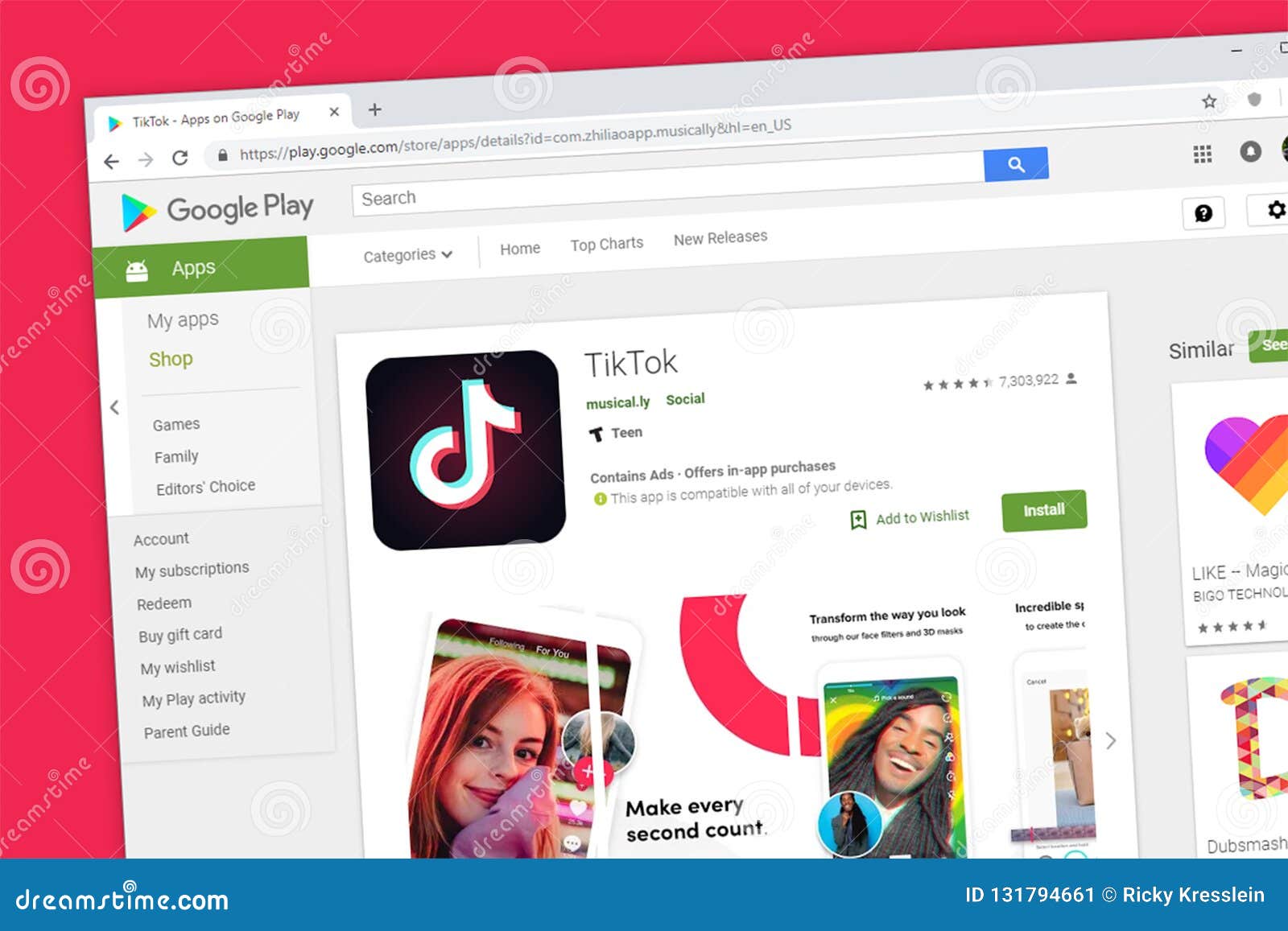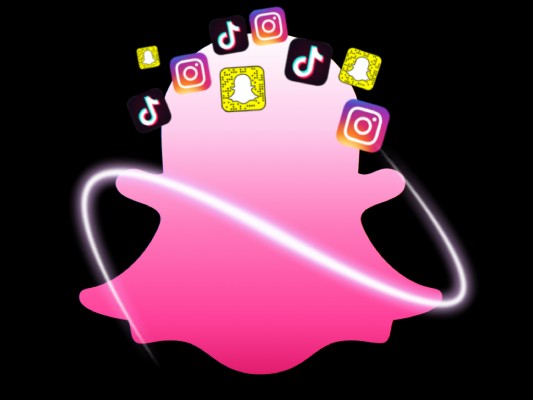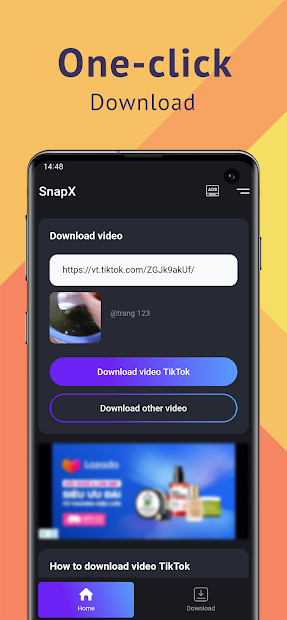
Inked is the only Nuverse product on the App Store, but Google Play has more Nuverse games: Marvel Snap, Land of Empires: Immortal, My Time at Portia, Warhammer 40,000: Lost Crusade, and Darkness & Divinity. What: Lotsa games around here! Through subsidiary Nuverse, ByteDance offers a pricey app called Inked for both Apple and Google, in which you play as a nameless samurai who embarks on a “ puzzle-ridden quest” in a world visualized through ballpoint-pen illustrations. What Was Inside Tells a Much Bigger Story. The FBI Seized my Brother’s Journal After His Arrest. There’s a Simple Cure for a Strange Kind of Dizziness. The Surprising Downsides of Using Dryer Sheets What I Regret About My Time as a Fitness Instructor

“I always end up going back to CapCut because it’s easy to use and has every kind of feature I need.” The app is free but also offers paid subscriptions for its Pro features, which include exclusive perks like text templates.

“There are a lot of other editing programs I’ve looked into for my TikToks, but almost all of them are super expensive or are harder to use,” says Lucien Frey-Lotto, an 11-year-old CapCut enthusiast (and daughter of Slate editor-in-chief Hillary Frey).

Indeed, the app has taken off globally thanks in large part to in-app promotion on TikTok and Douyin. CapCut, first developed in China in 2018 and released for international consumption in 2020, offers a suite of advanced, easy-to-use video-editing tools like visual filters, audio add-ons, photo-mixing, and integration with other video apps such as-you guessed it-TikTok. What: Behind TikTok and its China-exclusive equivalent Douyin, CapCut is ByteDance’s third-most-popular app worldwide, boasting an audience of 200 million monthly active users as of January.

takes a similar tack, could other ByteDance apps be on the chopping block? And should you even worry about them? Here are the other ByteDance products that are also available in the States. For example, when India banned TikTok in 2020 in retaliation against Chinese military aggression, the subcontinent still allowed the use of some other ByteDance products, like the music-streaming app Resso. (TikTok supporters note, however, that U.S.-based social media platforms are much more invasive and reckless when it comes to data privacy and security.) Even if you buy that line of thinking, it’s hard not to notice that the hyperfocus on TikTok has led to inconsistent policy. In the U.S., the primary knock against TikTok is that ByteDance’s connections to the Chinese Communist Party-which owns a 1 percent stake in the company-imply that the massive troves of American user data collected by TikTok could end up in unfriendly hands. If TikTok merits scrutiny, or at least a better understanding of how it works, then these apps do as well.


 0 kommentar(er)
0 kommentar(er)
